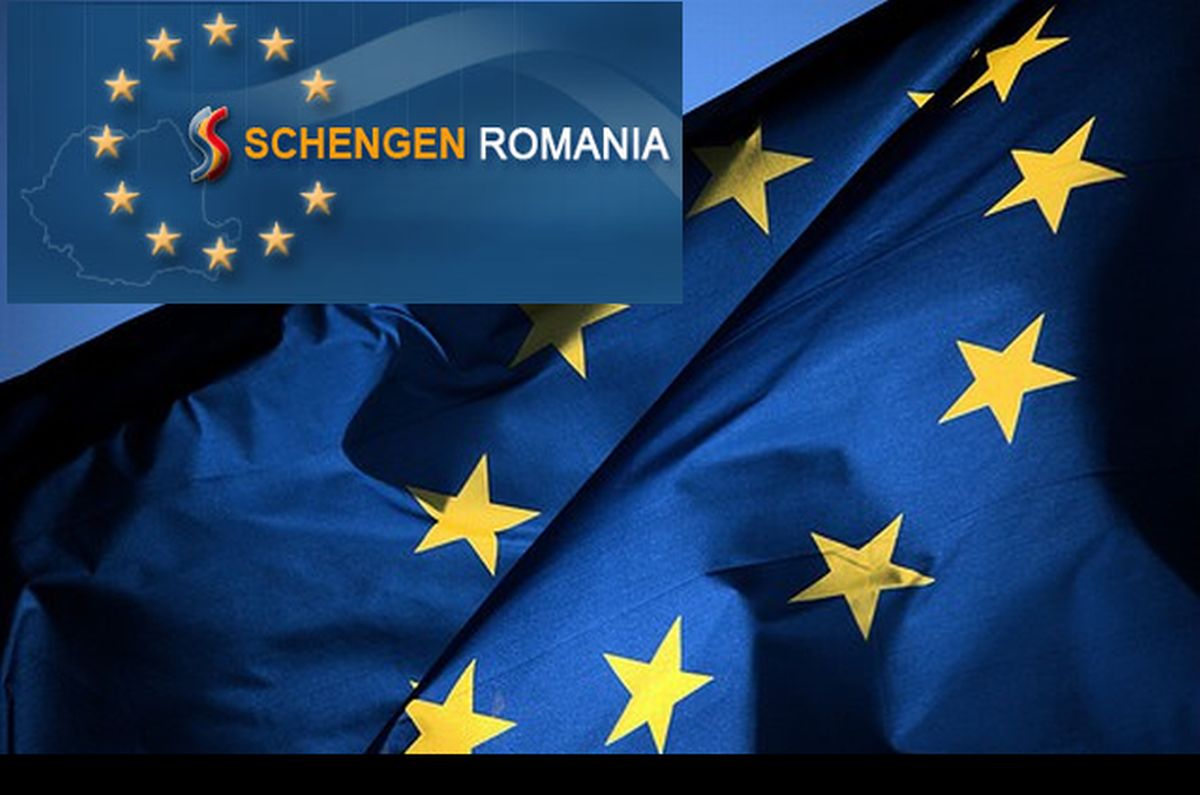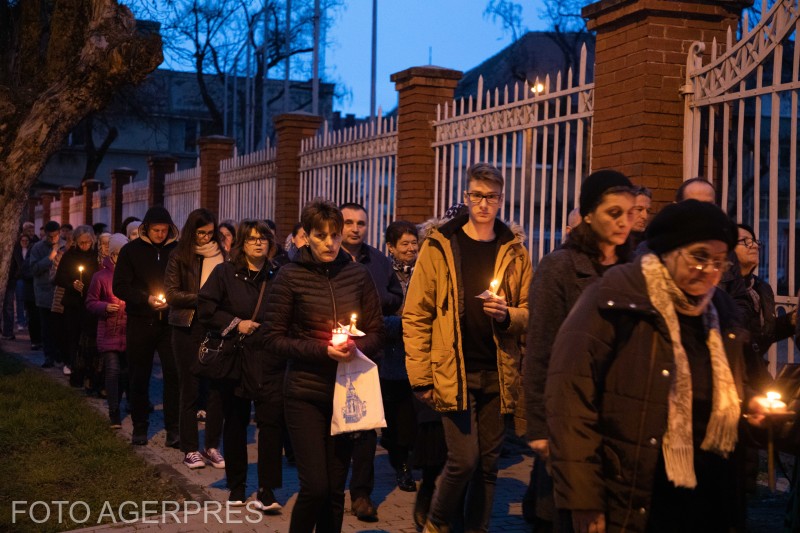Romania and Bulgaria, fully in the Schengen Area
As of January 1, Romania and Bulgaria joined Schengen with land borders too.

Corina Cristea, 03.01.2025, 14:00
Symbolic ceremonies marked, on the night between years, the complete entry into the Schengen area of Romania and Bulgaria, which joined the European free travel area with land borders too. In Giurgiu-Ruse, representatives of the authorities from both countries, as well as citizens who crossed the Romanian – Bulgarian border for the first time without being controlled, celebrated the moment. ‘A truly historic moment, with special practical consequences for every Romanian citizen, for Romanian companies. Romania’s integration into the European Union is complete and irrevocable’, said the Romanian Interior Minister, Cătălin Predoiu, who attended the event together with his Bulgarian counterpart, Atanas Ilkov. Another short ceremony took place at one of the border crossing points between Hungary and Romania, where the head of the national police of Hungary met with the chief inspector of the border police of Romania.
Members of the European Union since 2007, the two countries have worked together in the Schengen accession process. With the technical criteria met since 2011, Romania and Bulgaria managed to partially join the free travel area only in March last year, with the lifting of controls in airports and seaports. A few months later, in mid-December, the two countries finally received approval from all European partners to enjoy the same privileges at land border crossings. This was possible after Austria gave up its opposition. Vienna had previously invoked an influx of asylum seekers that would worsen in the event of a land expansion of Schengen, but towards the end of 2024 it considered that the measures implemented in recent months allowed “a massive reduction of crossings”.
From January 1, drivers and passengers no longer need to present any identity documents, and cars can pass without control. Road transporters who until now had to wait in line for 20 hours to transit, will now cross the border without control. However, for the first six months at least, random border checks will be carried out to deter criminal activity, with particular focus on large vehicles. At the same time, the surveillance of the Bulgarian – Turkish border, which has become the external border of the Schengen area, will be strengthened. As regards tourism, tourism companies rely on an increase in the number of travelers, including those going to Greece. Following the full accession to Schengen, significant economic benefits are expected, likely to increase the gross domestic product (GDP) by at least 1% in both countries, according to estimates. Created in 1985, the Schengen area now includes 25 of the 27 EU member countries as well as their associated neighbors Switzerland, Norway, Iceland and Liechtenstein. (LS)






























